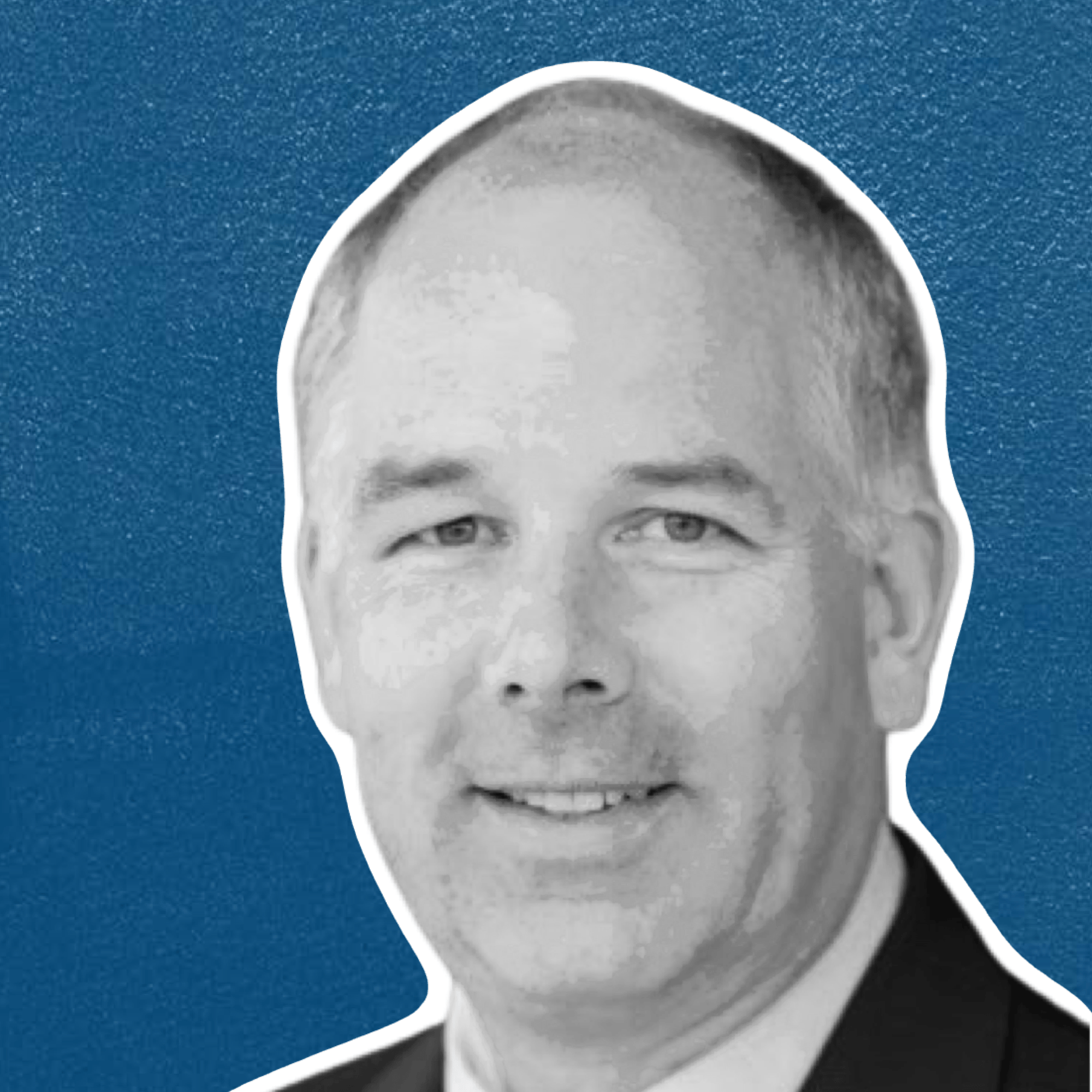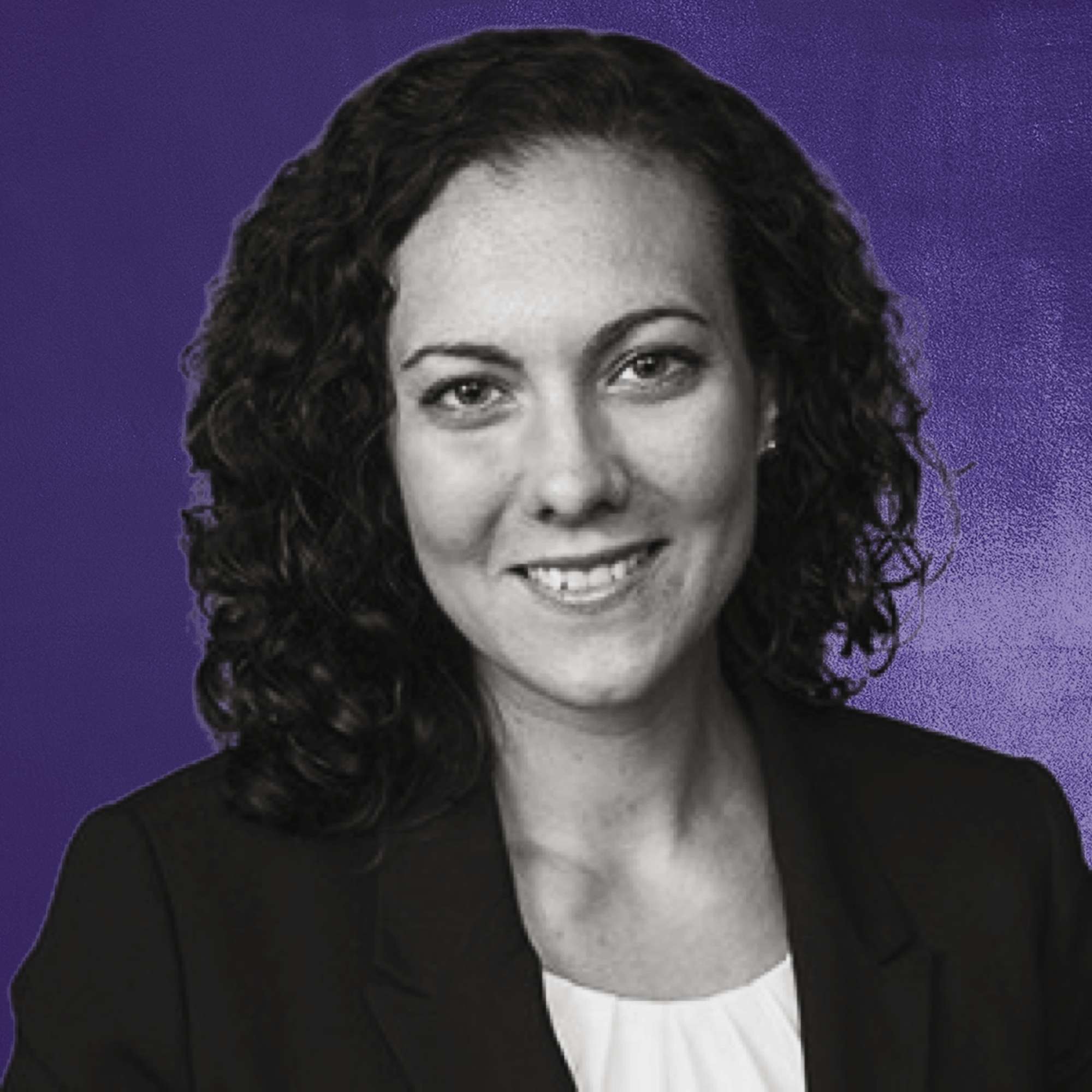
Kogod School of Business
Even as lawmakers appeared locked in a stalemate last month over raising the debt ceiling, Kogod School of Business experts familiar with how recent history has repeatedly unfolded remained optimistic.
Weeks before President Joe Biden and House Republican leaders ultimately reached a deal, Kogod Department of Finance and Real Estate Professor Jeff Harris was clear on his expectation:
“I have a feeling there won’t be a default,” Harris, the Gary D. Cohn Goldman Sachs Chair in Finance, predicted.
And yet, Harris simultaneously feared complacency in the wake of multiple government shutdowns in recent memory. There’s been three in the last decade alone when Congress has been unable to reach budget deals.
“People think we’ve done something like this before, and everything turned out okay,” Harris pointed out, fearing confusion over the more relatively frequent shutdowns and what would have been an unprecedented default.
“I think if there hadn’t been government shutdowns before, there might have been more anxiety,” Harris said. “That is a little scary.”
In fact, US Treasury Secretary Janet Yellen repeatedly warned of potentially catastrophic economic consequences to businesses, consumer confidence, and the global economy more broadly if the US had defaulted on its debt for the first time.
For that reason, even as Biden touted the bipartisan nature of the debt ceiling agreement, prominent credit rating agency Fitch announced it would keep the nation’s AAA credit rating on negative watch, citing “repeated political standoffs” over the borrowing limit and a “steady deterioration in governance” over the last 15 years.
It’s a step perhaps less punitive than when Standard and Poor’s outright downgraded the US credit rating amid another borrowing limit showdown in 2011. But the brinkmanship takes a toll, notes Harris, who has an extensive background in market microstructure following a run as chief economist and a division director at the US Securities and Exchange Commission.
“It has ramifications down the road for whether people want to put money in our government,” Harris said of the past decade’s eleventh-hour deals.
For businesses, any type of uncertainty is bad.”

Jeff Harris
Professor of Finance, Kogod School of Business
And there’s been plenty of uncertainty to go around of late.
This is a unique time to study business in our nation’s capital.
The pivotal conversations that unfolded at the White House and on Capitol Hill—just miles from the AU campus—came in the wake of a semester that provided Kogod’s students, faculty, and researchers with no shortage of uncertainty-fueled real-world case studies to examine.
For starters, the spring 2023 semester began during an unprecedented series of rate hikes by the Federal Reserve to curb historic inflation. By spring break, several mid-sized banks, including Silicon Valley Bank, were mired in crisis.
Add in a still-puzzling labor market and debate over the likelihood of a recession, it’s safe to say this unusual series of financial hurdles have made for an exciting time to study finance and the markets in our nation’s capital.
In Kogod’s MS in Finance program, for instance, small classes allow students to focus on developing practical skills needed in real-world scenarios while honing tangible skills necessary for financial sector certifications. Students can also access valuable experiential learning opportunities, such as the cutting-edge Financial Services and IT Lab, which serves as a virtual trading floor.
This comes against a backdrop of remarkable proximity to some of the world’s most influential decision-makers.
But the program also provides mentorship—from dedicated faculty with current or past ties to major national firms.
That guidance—not to mention networking—can prove critical during times of uncertainty, which have seen several industries (like the technology sector) implement layoffs or hiring freezes; Harris, for one, said he’s provided recent counsel to students asked by corporations to defer employment months into the future or more.
To that end, Kogod’s Office of Career Engagement further helps prepare students for a career after graduation, assisting students with critical skills like honing an elevator pitch, crafting a cover letter, and preparing for interviews, with preparation tailored for an array of career pathways.
Careers are non-linear, and most students will switch companies, functions, and even industries over their lifespan.”

Andrea Carpenter
Assistant Dean of Career Services, Office of Career Engagement
“We empower students to apply self-awareness to their career goals and equip them with skills necessary for lifelong decision-making,” said the Kogod Office of Career Engagement’s assistant dean of career services, Andrea Carpenter.
After three years that’s featured a global pandemic, a labor shortage, record inflation, and an often complex economic picture, Harris believes, if nothing else, the recent flirtation with the debt ceiling may be just one additional layer of complexity for businesses…not to mention workers and the economy more broadly…to contend with.
“The consistency, I think, is the important thing from the business community,” he said. “Having some predictability is better than having all this uncertainty.”
